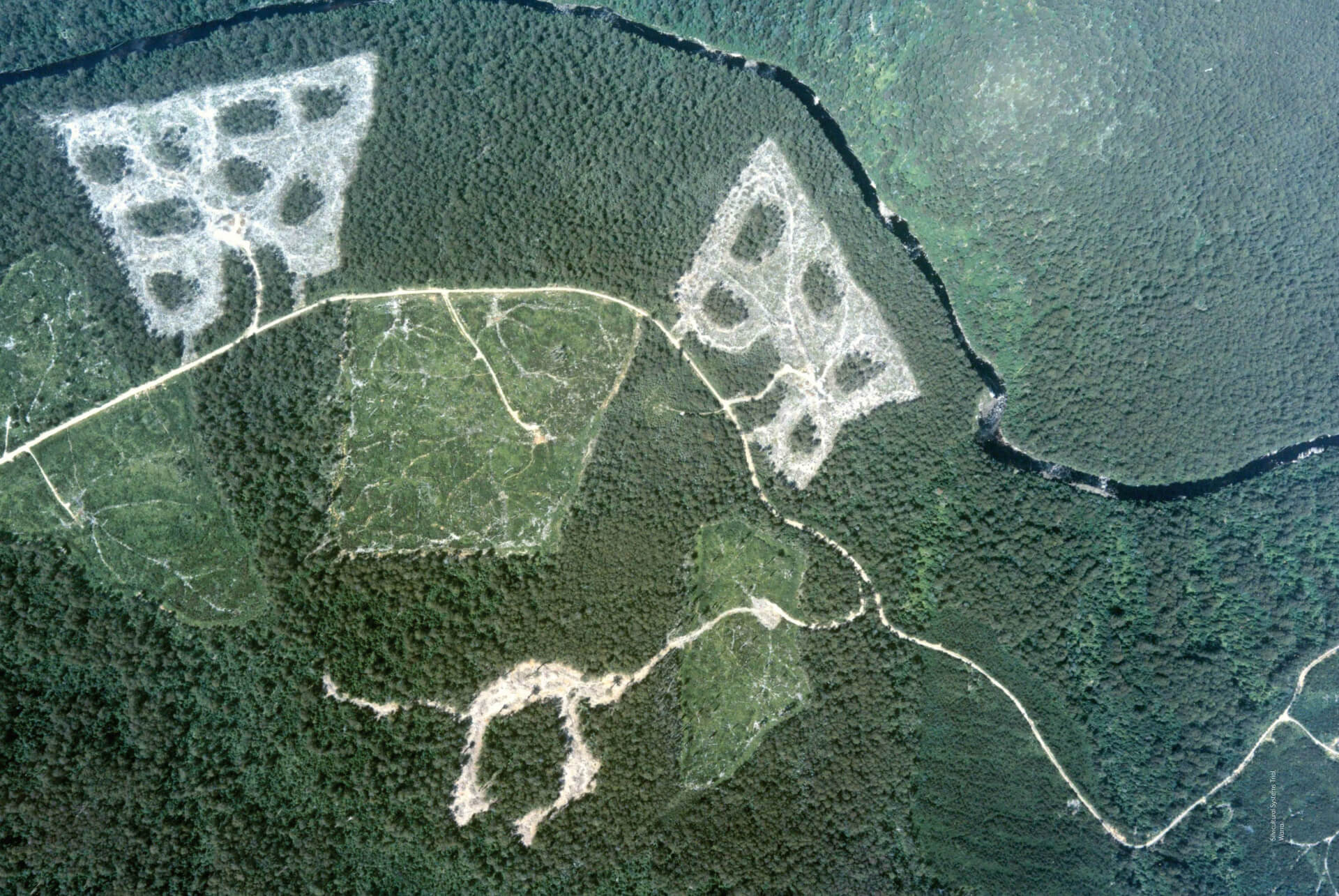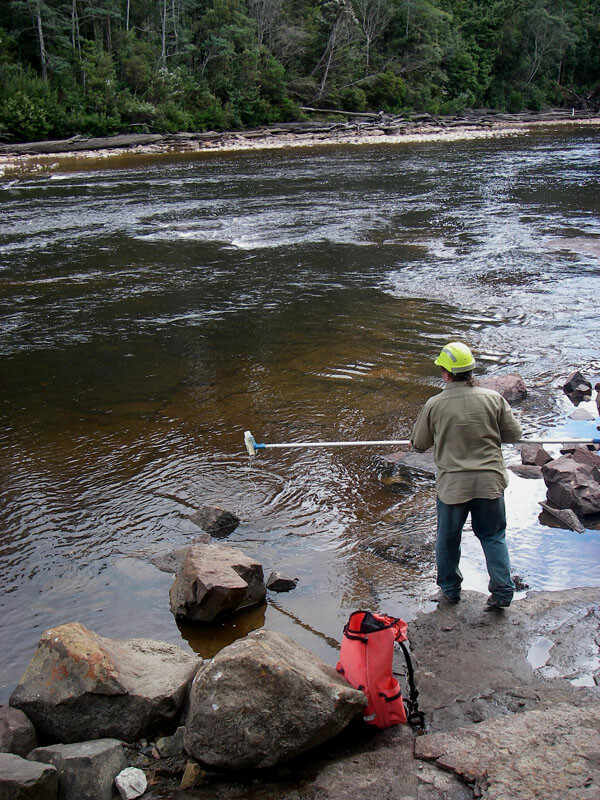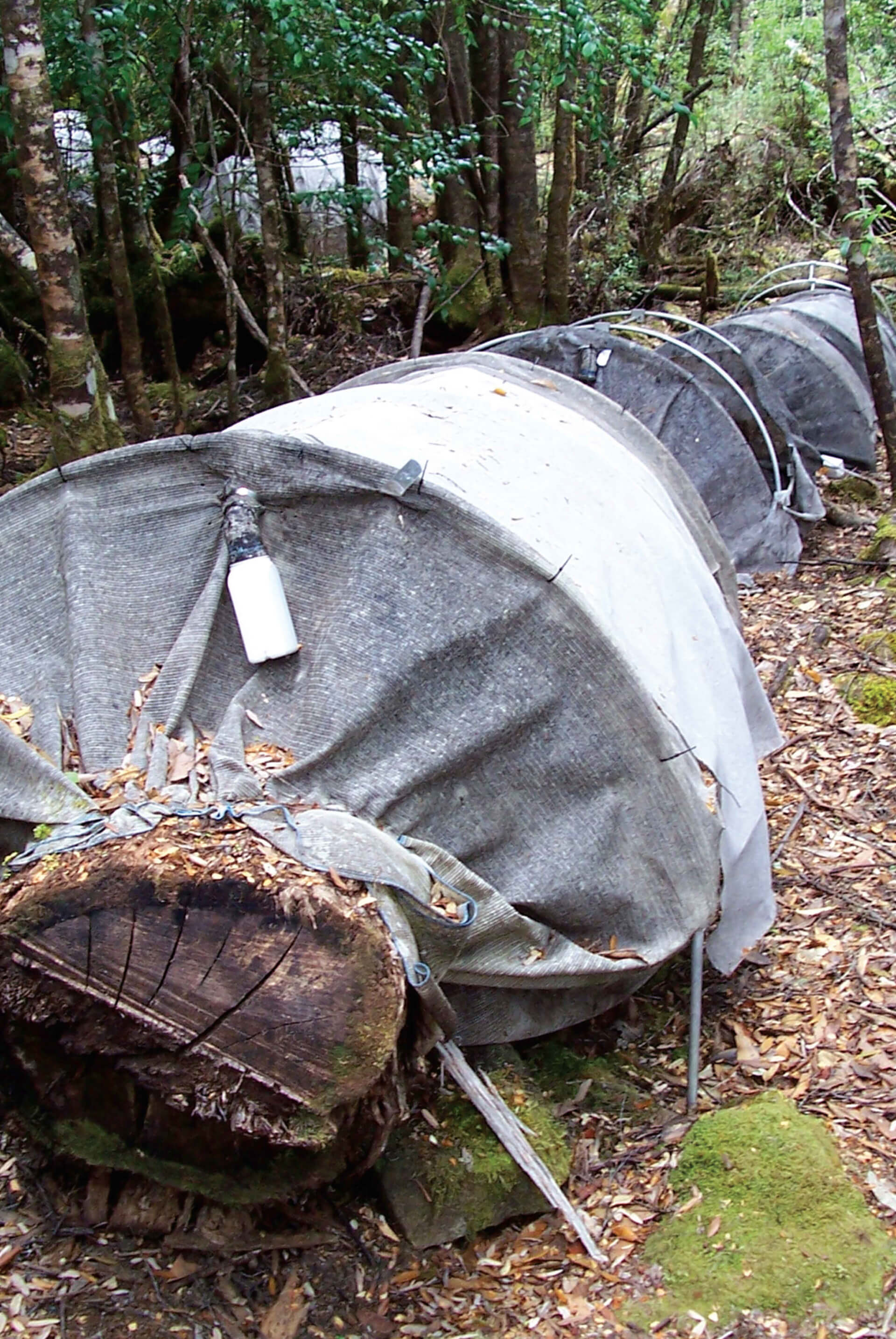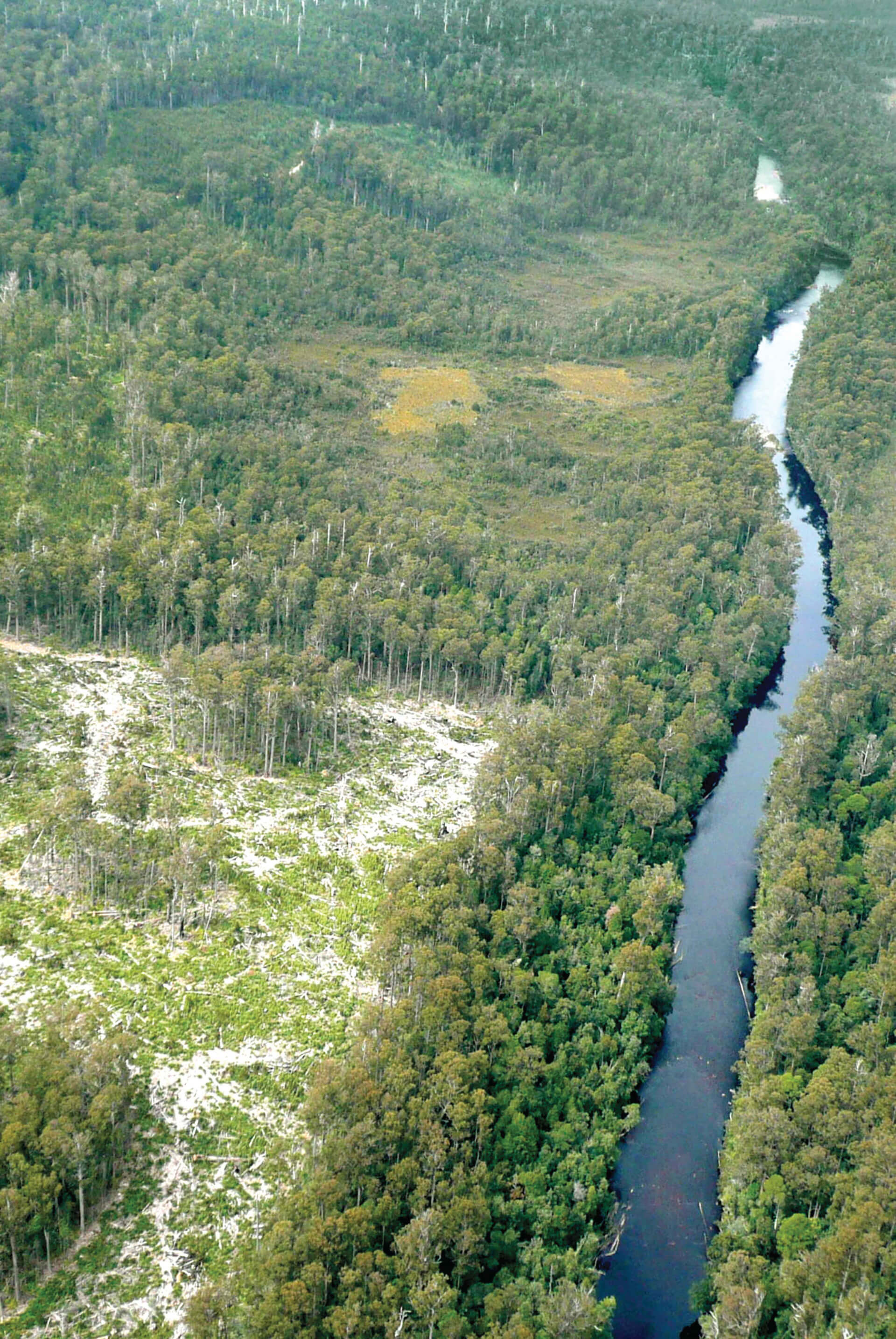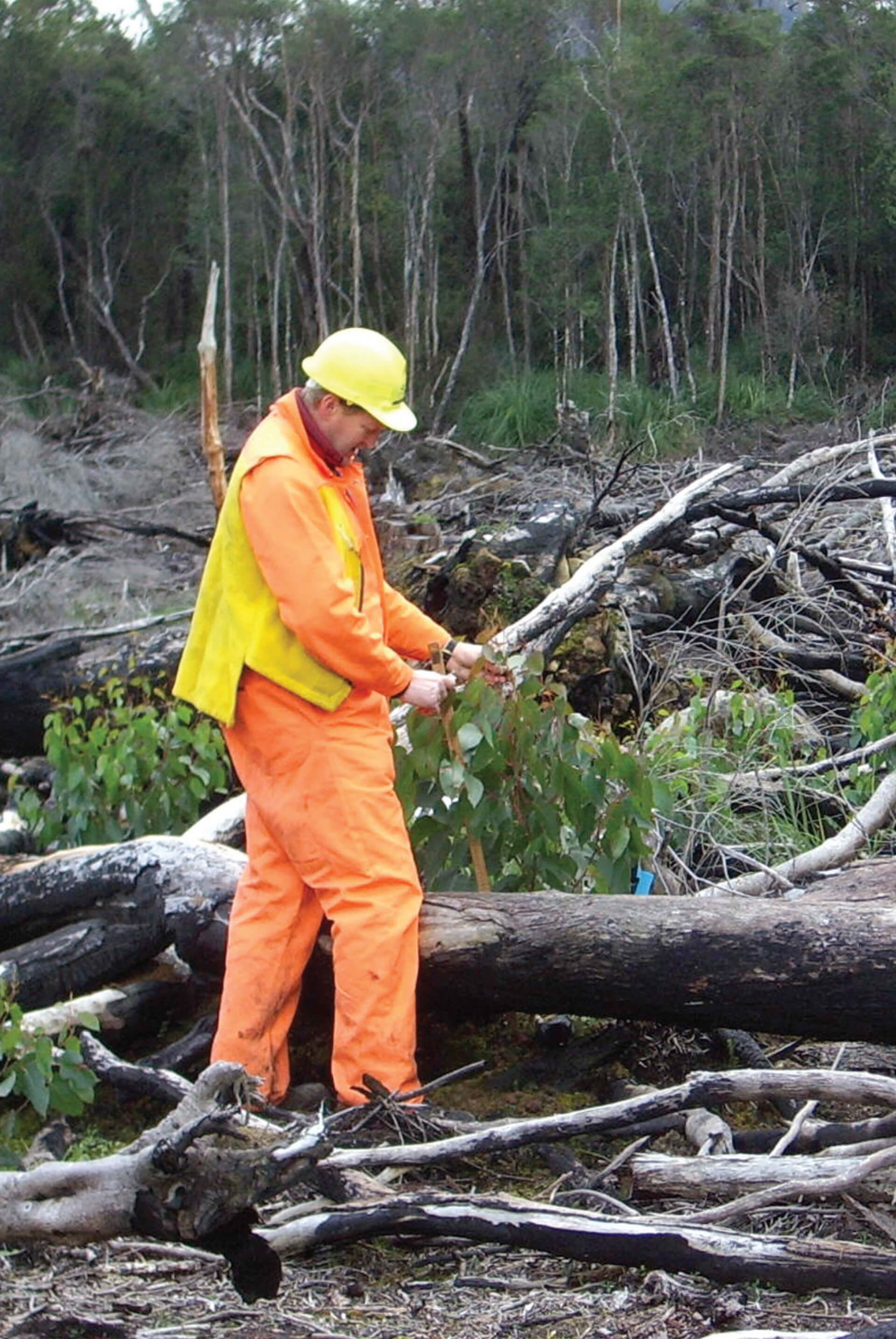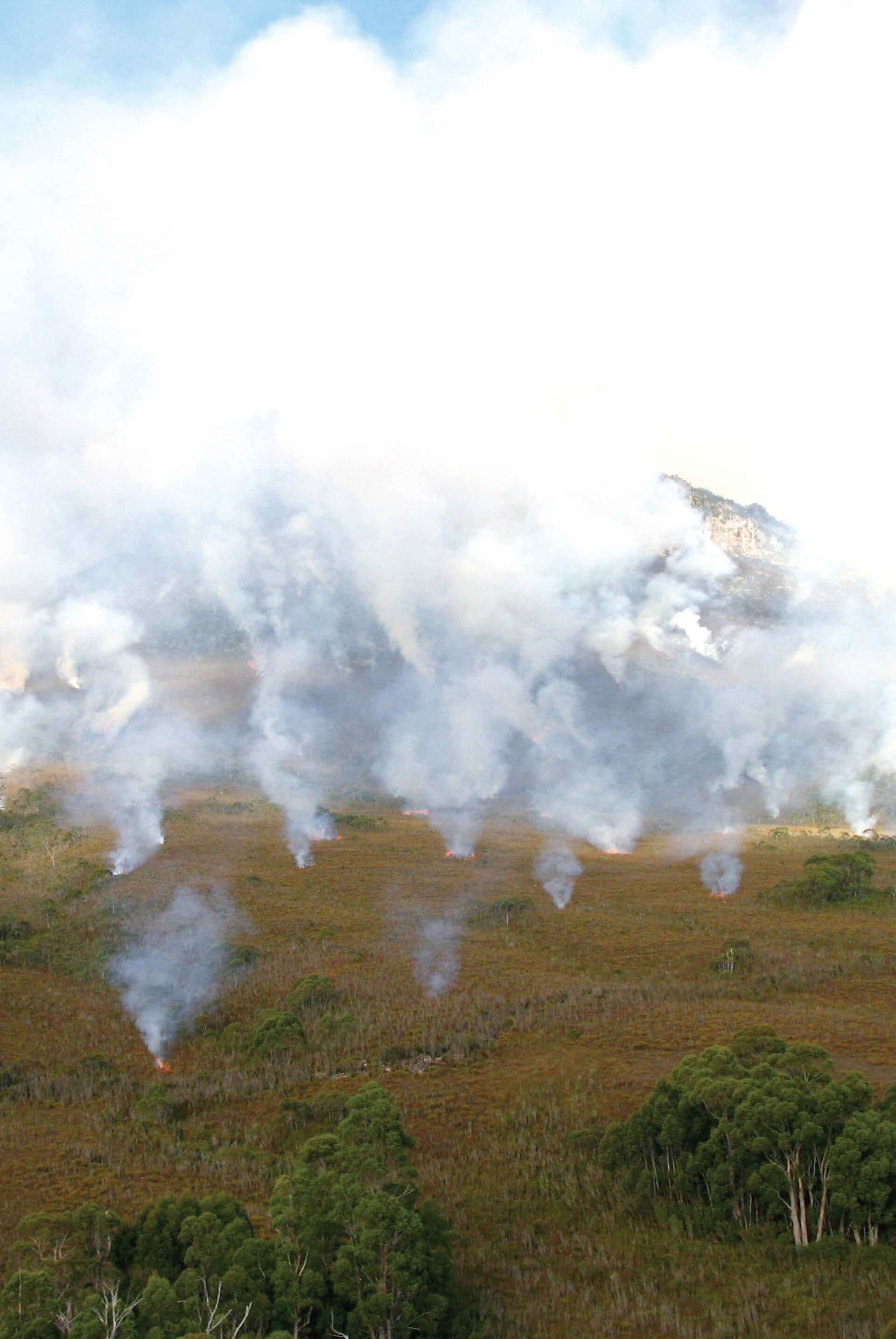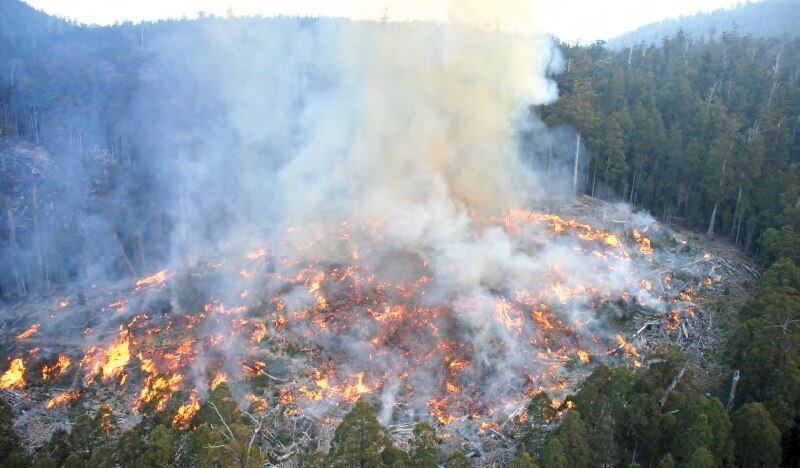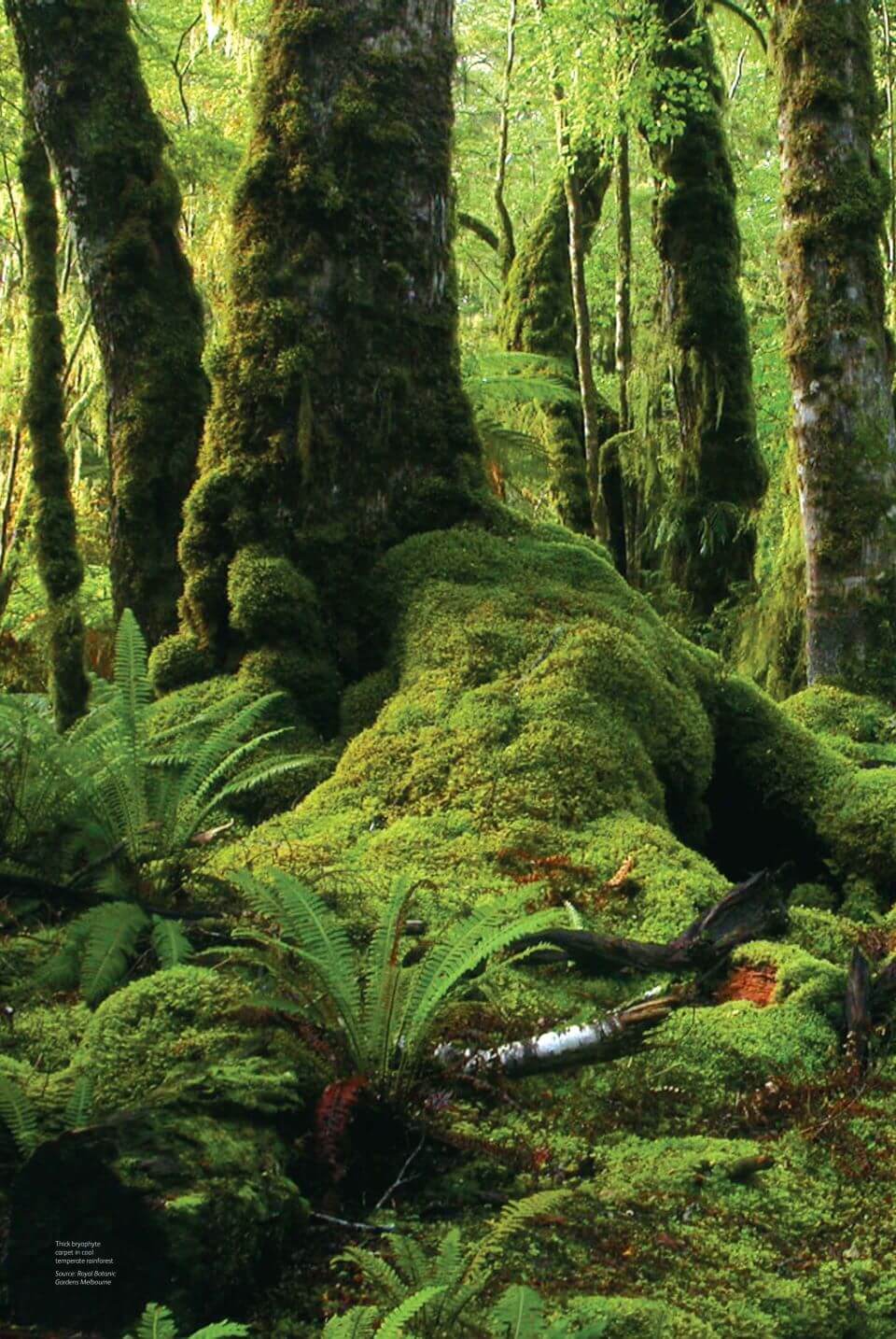How do we apply scientific findings?
Each new scientific discovery brings a clearer understanding of the natural systems that operate in forests – good science continues to provide clear insights into ways that we can enhance our forest management strategies.
Forestry is the science of understanding natural forest ecosystems and involves the practical application of scientific, economic and social principles to the ongoing management of ecosystems dominated by trees. This includes extracting resources from forests and maintaining the health of forests. Forest management is concerned with the ecosystem as a whole and often involves a multi-disciplinary approach, so a forester may work along side other professionals such as ecologists, zoologists, hydrologists, botanists, economists, entomologists or accountants. A key aspect of the ongoing management of forest ecosystems therefore involves continuing scientific research and the application of findings through adaptive management practices.
A prime example of science in forestry is the development of a coarse woody debris model for wet forests, which now allows us to predict how the amounts and sizes of logs of the five distinct log decay classes vary over time at any site in wet Eucalyptus obliqua forest. This includes inputs from wildfire and harvesting, and removal by wildfire, potential fuelwood harvesting and slow decay processes, and thus allows investigation of the effect of alternative forest management scenarios on this important habitat type. Results from the model indicate the importance of managing future inputs of fallen timber across the landscape.

